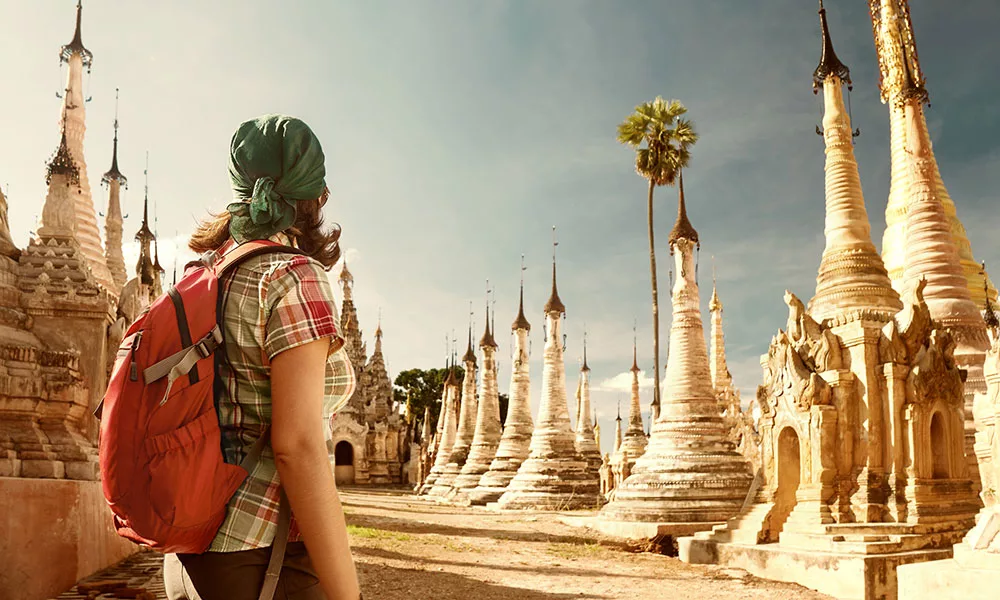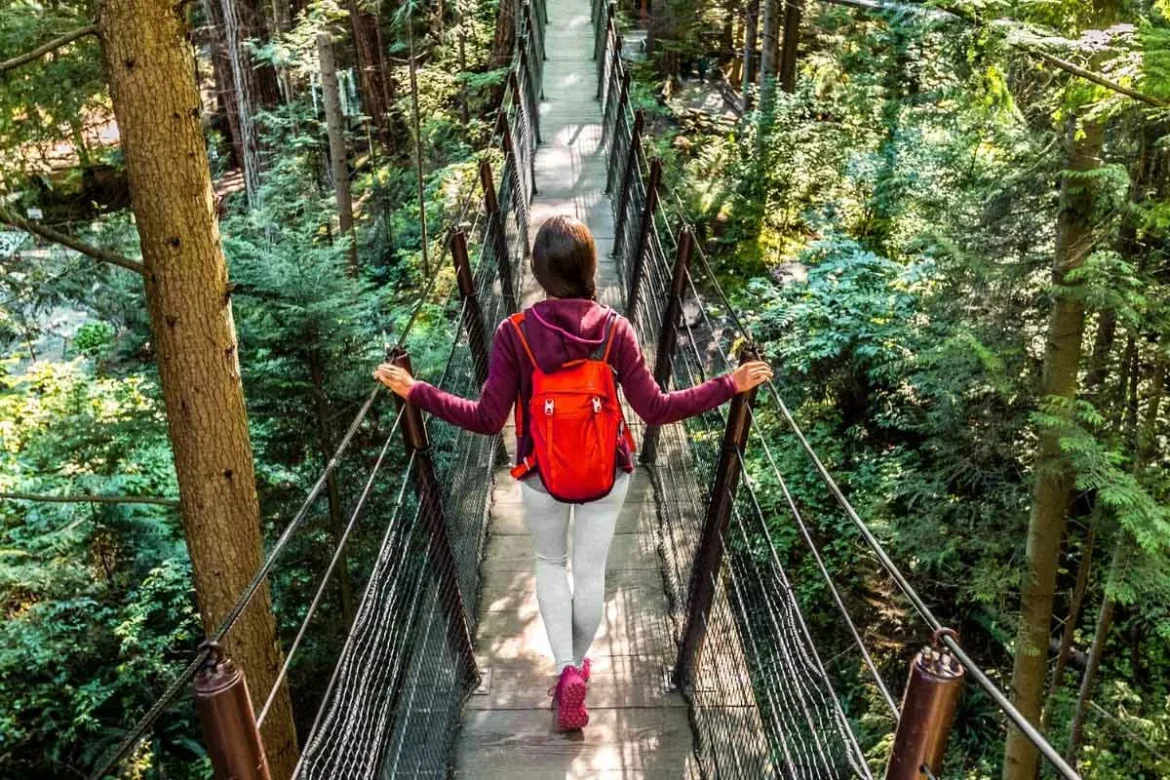Traveling is not just about seeing landmarks; it is about experiencing life in another culture. Cultural immersion offers a deeper, more meaningful way to connect with destinations, moving beyond the surface-level view of being a tourist.
One of the most effective ways to immerse oneself is through language. Even learning a few basic phrases demonstrates respect and opens doors to more authentic interactions. Locals often appreciate the effort, and conversations become more genuine.
Food is another gateway to cultural understanding. Instead of dining only in tourist restaurants, travelers can explore local markets, take cooking classes, or accept invitations to family meals. Sharing food is a universal way of building trust and connection.






